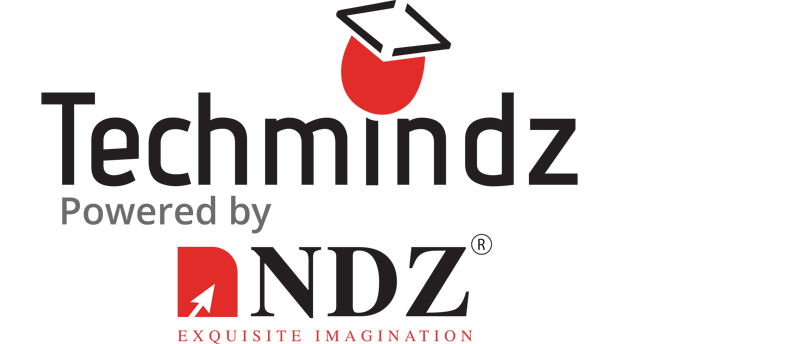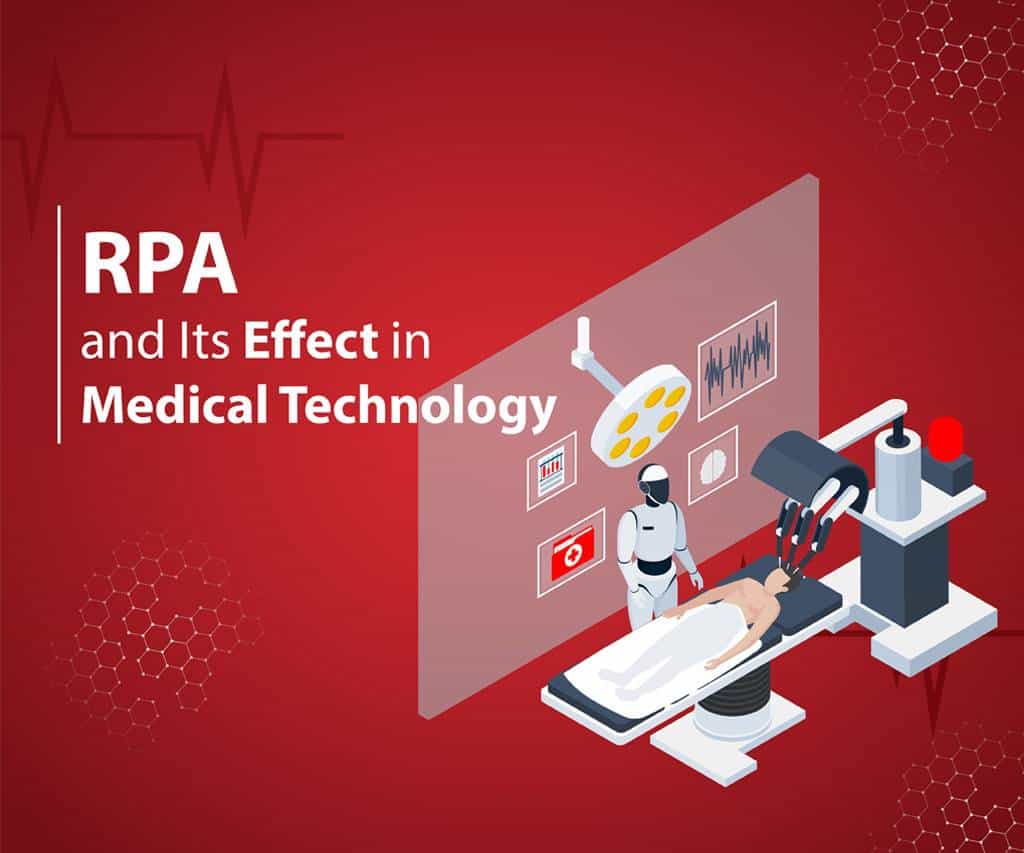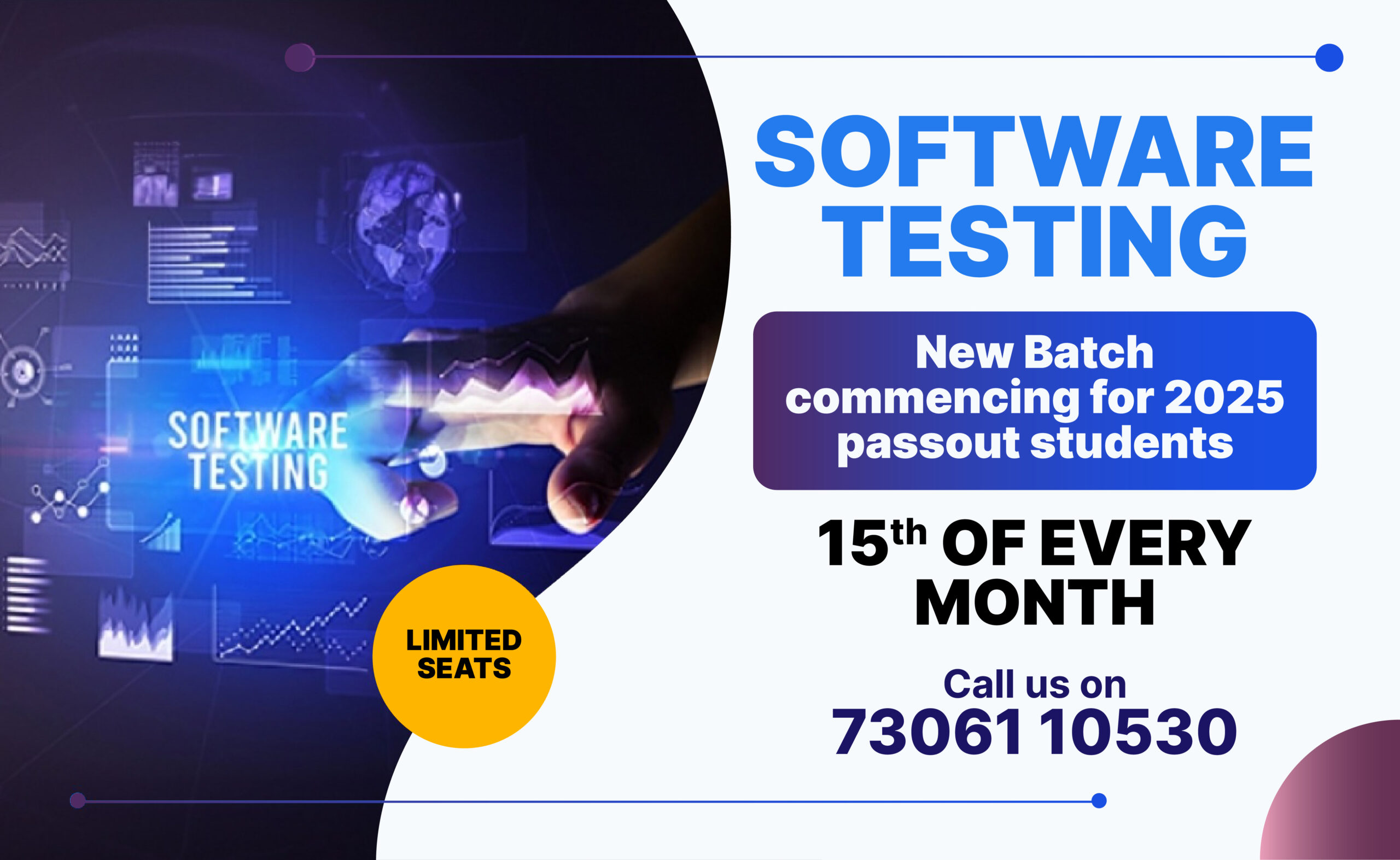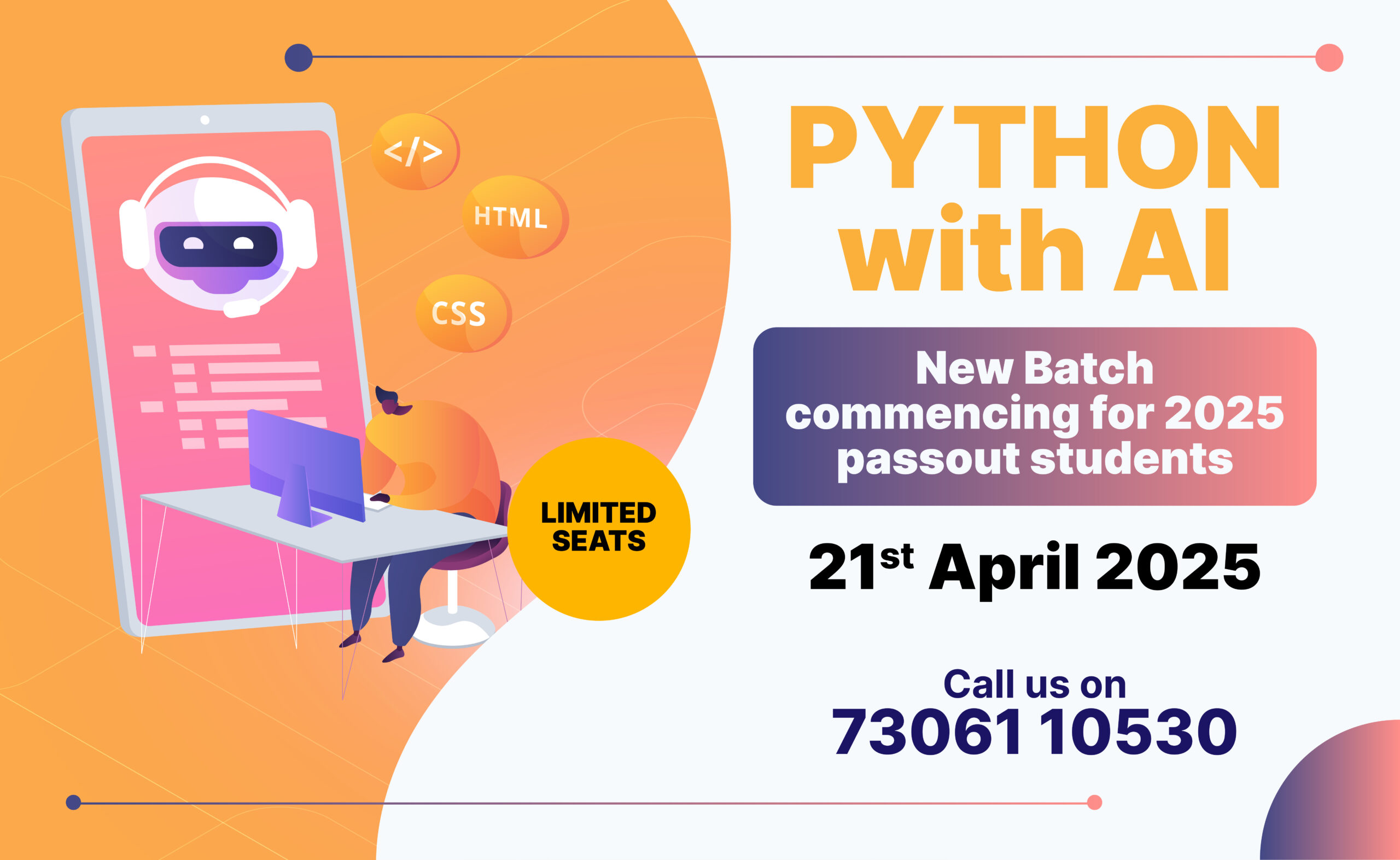Currently, the healthcare sector is changing. Hospital administrators are concentrating on cutting expenses and improving patient satisfaction. Hospitals are investing in new technologies to streamline their operations and reduce human work in order to accomplish this. Because technology may be used to automate many routine processes that human workers had traditionally completed manually, the role of robotic process automation (RPA) in the healthcare business is expanding.
As a result, there are gains in productivity, financial savings, and patient satisfaction. The advantages of RPA in the healthcare sector, prospective use cases for RPA in the sector, case studies of businesses that have used RPA, and resources to help you get started with RPA in your organisation are all covered in this article.
What is Robotic Process Automation (RPA)?
In its most basic form, Robotic Process Automation is a software technology that uses digital technologies and software to mimic human behaviours while carrying out numerous complex activities. It develops computer programmes or “bots” that log into apps, enter data, conduct analyses, and carry out activities as needed.
Many medical device businesses are falling behind the curve in implementing robots and cognitive automation, especially in the wake of the Pandemic. Life sciences are racing to stay up with robotic process automation. From clinical trials to regulatory compliance to the back office, automation is steadily becoming more prevalent among medical device companies and pharmaceutical, hospital, and biotechnology firms.
These businesses must pursue the advantages of automation or risk being left behind by rivals. The companies can investigate various robotic process automation applications and related validation spanning Good Manufacturing Practices, Good Laboratory Practices, and Good Clinical Practices.
Some Use Cases of RPA in the Health Care Sector:
- Scheduling Appointments
Scheduling, arranging, and managing patient appointments have become simpler because of robotic process automation (RPA). The bot receives the patient entry form request when a patient’s smartphone scans a QR code. It then shows a form on the patient’s mobile device, which she fills out, submits, and saves on the healthcare facility server.
- Billing Process
Medical claims processing and billing are performed automatically, with a high level of dependability and accuracy, and without human involvement.
- Insurance Claim Management
To automate, judge, and settle medical claims, RPA uses digital robots. Software robots can also send automated emails and follow-ups to customers.
- Hospital Administration
Collecting medical records, managing patient cases, keeping track of patients remotely, and even verifying discharge instructions twice.
Benefits of RPA in the Medical Field:
- Reduction of Operation Cost
Reducing operating expenses in healthcare institutions frees up funds for other uses. You must first automate scheduling before tackling no-show issues. And appointment reminder software makes that feasible. By providing reminders on time, such software contributes to improving patient experiences.
The number of patients who have scheduled appointments with your healthcare company is irrelevant. The expense of sending more reminders manually would have been higher; reminder software will send as many reminders as necessary.
- Reduced Errors
By minimising human activities, RPA helps healthcare institutions lower the risk of errors while enhancing patient care. The automation tool facilitates automation and enhances administrative activities. There is a good likelihood of getting more insight into the process when information is shared throughout many systems.
Additionally, with increased automation, healthcare facilities can employ the dependability to serve many patients. Or even better, assist the patient in finding faster-accessible care options.
- Enhanced Privacy
Healthcare facilities must abide by laws that protect all patients’ health information. The case management automation solutions will ensure that the firm conforms with the configured user. Authorised professionals should only access information about patients. Disclosing patient information could result in legal actions that would be expensive for healthcare institutions.
Individual patients can be transmitted via the system from one end to the other with automation and the elimination of a manual process, reducing exposure to unauthorised people.
Final Thoughts
Health practices can increase efficiency, decrease human error, and improve therapeutic precision by automating healthcare operations.
Due to its huge advantages in terms of effort, expense, and timing, RPA is therefore poised to change the healthcare sector both now and in the future. The moment has come to focus on enhancing the patient experience if you are a healthcare practitioner interested in robotic process automation. Get trained in Robotic Process Automation from Techmindz and lead your career on the right track.














0 Comments